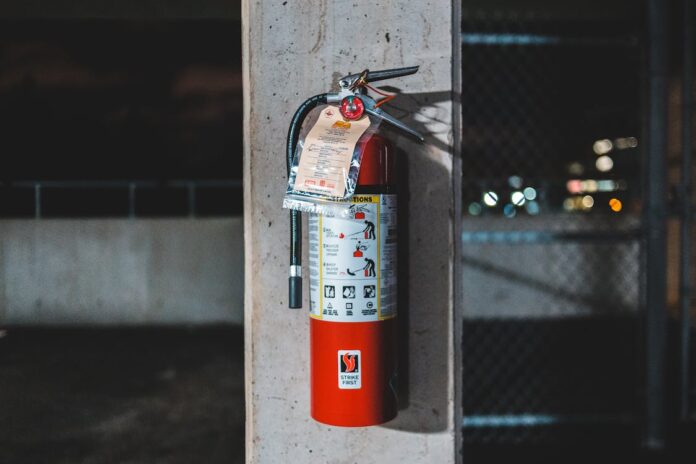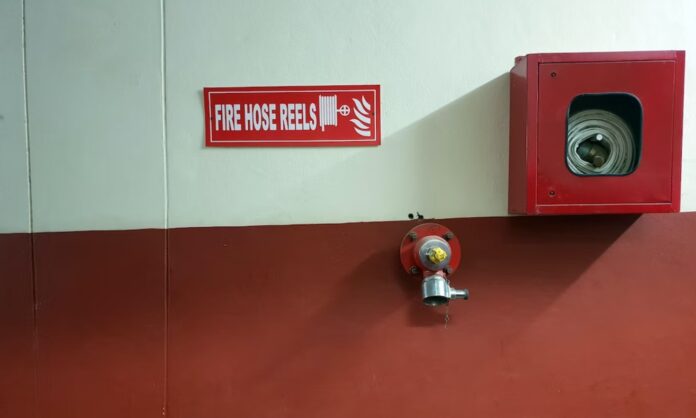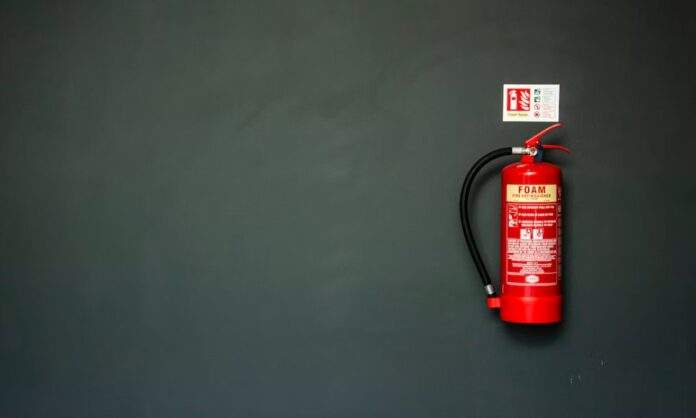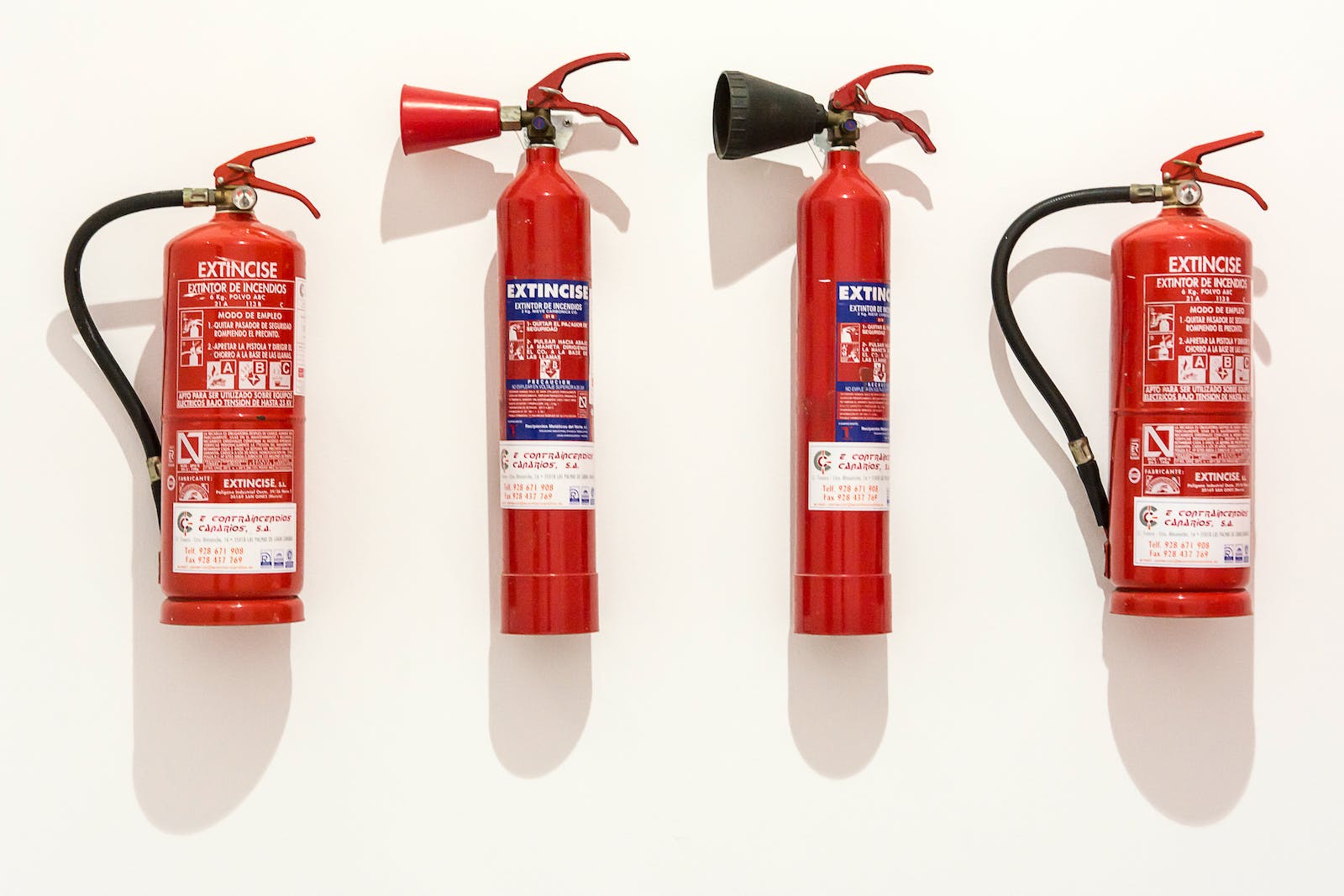Every business needs to cut costs where they can, and this is one of the fundamentals of business success. If you are paying for things you don’t need, then this is lost revenue which could be being put to far better use elsewhere.
However, when it comes to saving money on something like safety, we might well look a little askance at such a proposal. There are far too many stories about unscrupulous businesses cutting corners where the welfare of their employees and customers are concerned, and we all feel a certain moral revulsion at this.
Indeed, we should. Cutting corners on safety is certainly a very bad thing to do – and it should never be encouraged. Nevertheless, cutting costs is not the same thing as cutting corners to save money. Furthermore, for many businesses, doing what is possible to reduce costs is the difference between survival and going under.
To take a very simple example, if you’re looking to kit out your business premises with a set of necessary fire extinguishers as part of the safety infrastructure you are required by law to have, you might be comparing the fire extinguisher prices from different sources for the same type of fire extinguisher. And if you find one cheaper, why would you get the more expensive one? That is needless expense.
This is a quite simple – and perhaps not every realistic – example. But it illustrates well the principle of saving on cost and not safety. This is the most important thing to get out of the way first and foremost. You should always meet your safety requirements, protect your staff, and protect your customers. But you do not actually need to break the bank to do that.
What Are Your Requirements?

These days, we live in a world where safety responsibilities are well-delineated, and every business can find out what these are. Indeed, most are enshrined in law. When it comes to workplace and business fire safety, you can consult the government guidelines in order to ensure that you are toeing the line and keeping people safe.
A robust fire safety infrastructure is essential for any place of business; in fact, for any public place at all. Only private homes are exempt, but even here fire safety is advised.
Where there is a building, there is a possibility of fire. Moreover, when it is more than just your own safety on the line, you have certain vital responsibilities.
The way these responsibilities are regulated is through fire safety inspections. These can be bothersome, disrupt work, and they can cost you, but they are, overall, essential if you want to save money on your fire safety infrastructure. This is because they are impartial assessments of a building’s fire safety; if you apply all your cost saving measures and still pass, then you can rest easy that you are meeting your requirements and, indeed, not breaking the bank.
How to Save Money on Fire Safety

So, this is how you make sure that you’ve done a good job. But how do you actually do the job? Well, if a business wants to save money on fire safety, there are a series of tips that can be followed. Bear in mind, however, that the level of fire safety infrastructure required varies according to the type of building, or buildings, that your business occupies.
For example, an office has quite different fire safety requirements than a factory. The best bet is therefore to undergo a fire safety inspection, take advice, and follow the official regulations. That way, you know what you need to do, and you can start to try to do it for the least expense.
Here follows some fire safety cost cutting tips:
Shop Around
Simple enough, really. Going back to the example of the fire extinguishers, you will usually notice that several fire safety products and other infrastructure will come cheaper from some brands, outlets, or manufacturers than others. You need to know what you are looking for and what you need, then you can look for where you can get it cheapest.
Carry Out Regular Auditing and Maintenance
If all goes well, your fire safety infrastructure will never be used. These are not products you ever want to have to use. Therefore, it could be the case that certain equipment can lie around for years. Degradation can be a problem, but maintenance will prevent a whole new investment in replacing equipment.
Be Fire-Sensible

Another thing is that using your fire safety equipment will cost you, perhaps even more than the fire itself. If you have insurance, fire damage could cost you nothing at all, but if a fire extinguisher needs to be used, it will then have to be replaced – and that costs.
Accordingly, you should be careful where fire hazards are concerned, and educate your workforce likewise. Preventing a fire will save you money.
Stay on Top of Your Risk Assessments
Failing your risk assessment will not only cost you because you will then have to invest in new equipment (and that’s money that should have been spent in the first place anyway); it will also cost you because you will be fined. Saving on fire safety can be totally derailed if you cut these corners.
Enlist Fire Safety Services
Fire safety services are the companies that can provide you with a wholistic plan for a building’s fire safety requirements, before offering you a quote to install it all. These people are professionals, and they will be able to advise you on the most cost-effective fire safety plan. This is a good way to avoid spending money that you don’t have to. You can consult these professionals, but make sure they are not trying to sell you more than you need!
Always research the fire safety service that you use and speak to those who have used them before. Another handy tip is to check if what they propose meets government regulations yet does not needlessly exceed them.
Conclusion
Businesses need to save money. It is just how business work. However, where fire safety is concerned, there is a much more important job to consider – keeping people safe. This in no way means that you cannot also do what you can to keep the costs down and put less strain on your company’s coffers.







